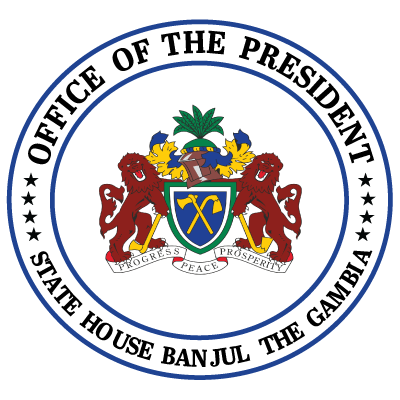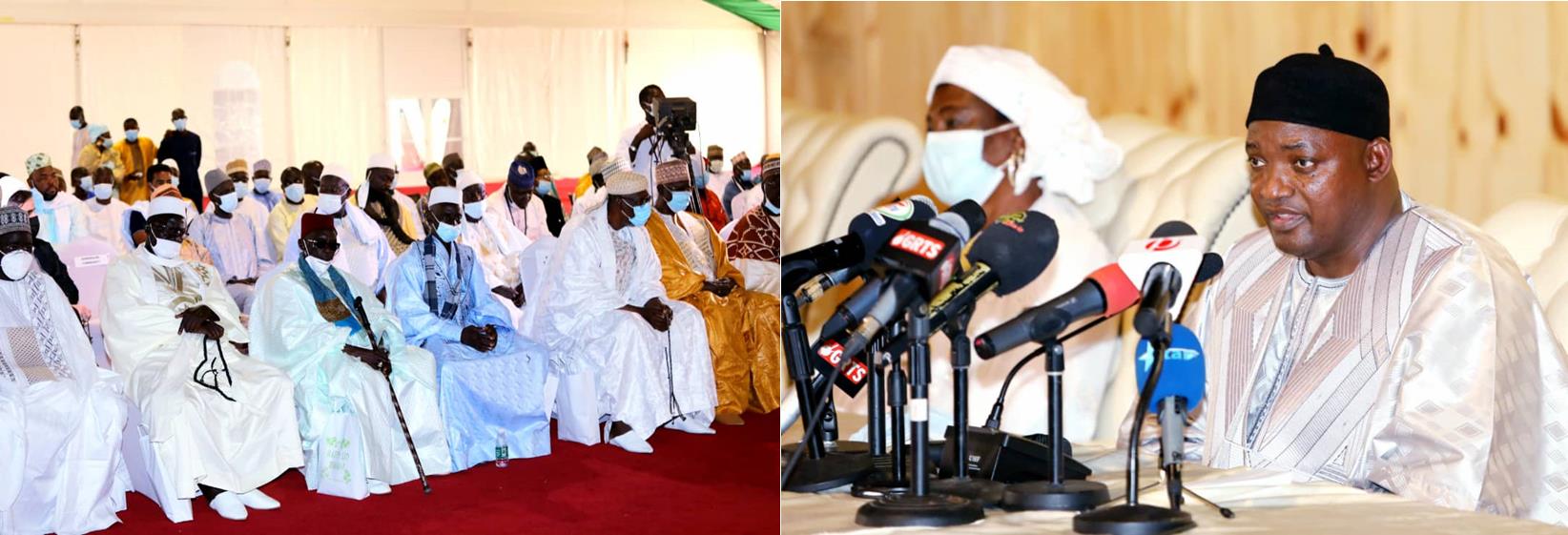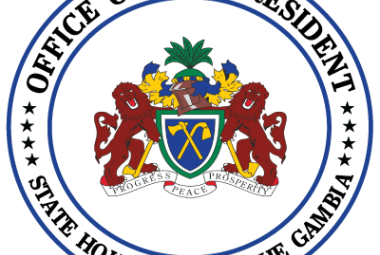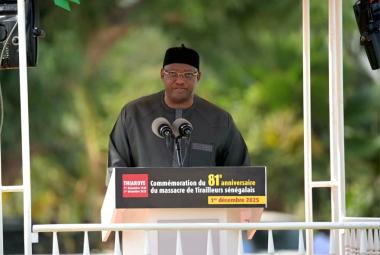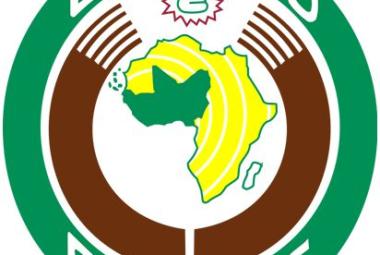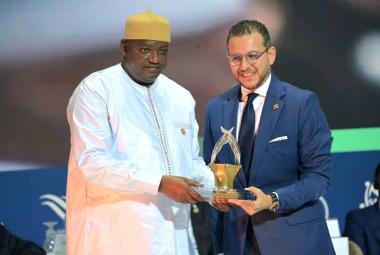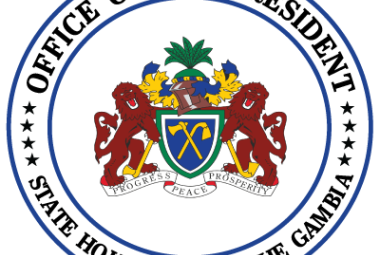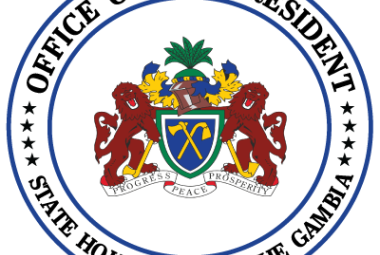State House Banjul, 14th May 2021: President Adama Barrow Thursday praised the Muslim community for celebrating Eid-ul-Fitr, the feast marking the end of the holy month of Ramadan on the same day, during the annual meeting with Muslim leaders at the State House in Banjul. H.E. Barrow called on the Muslim elders to continue to foster unity and trust within the Muslim community. He urged them to utilise their status as religious leaders to preach for continued peace and tolerance in the country.
Addressing some of the concerns raised by the different speakers during the meeting, including the importation of old vehicles in the country, President Barrow announced the establishment of a special committee to address the issue. President Barrow also advised tyre importers to use proper storage facilities and avoid blocking roads.
The President used the opportunity to highlight some of his government's programmes aimed at improving the socio-economic conditions of Gambians. He called on the people to join him in his development agenda to transform the country.
The Imam Ratib of Banjul, Alhagie Alieu Mass Kah applauded President Barrow for his excellent leadership which he said, has solidified The Gambia's place in the international community. Imam Kah said President Barrow deserves the support of every Gambian in his development agenda. The Imam Ratib called on Gambians to forgive, love and care for one another. Other speakers included the President of the Gambia Supreme Islamic Council, Alhaji Essa Foday Darboe and the Chairman of the committee of Banjul Muslim Elders, Honourable Dodou Momar Taal. They all shared similar messages calling for solidarity and peace among Gambians.
The annual after Eid gathering was chaired by Alhaji Momodou Senghore of the Committee of Banjul Muslim Elders. It follows a long tradition initiated over 100 years ago by Muslims Elders of Banjul to have an audience with the Colonial authorities to raise their concern on issues affecting their community. The tradition continued post-independence and has expanded to include Muslim leaders outside Banjul.
